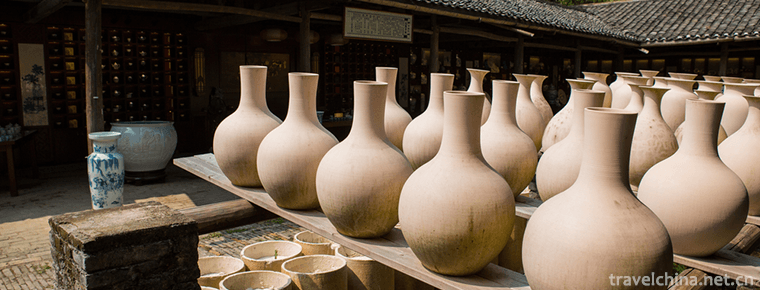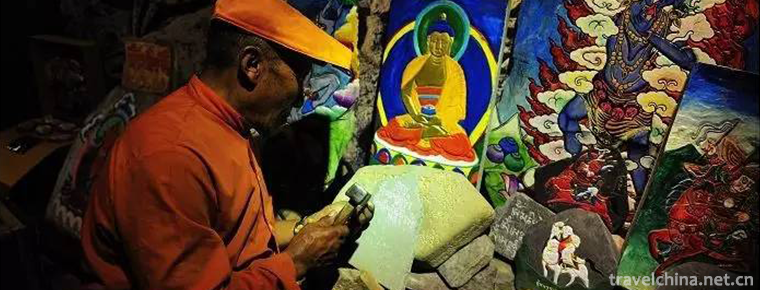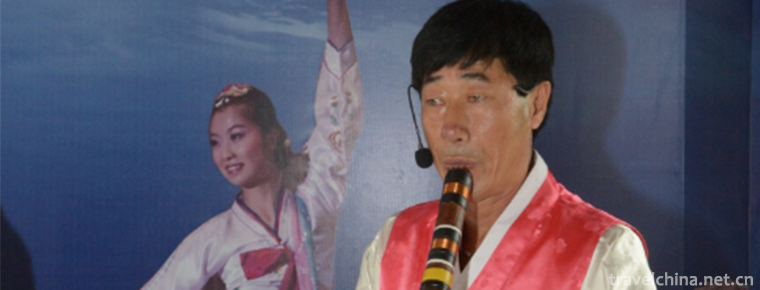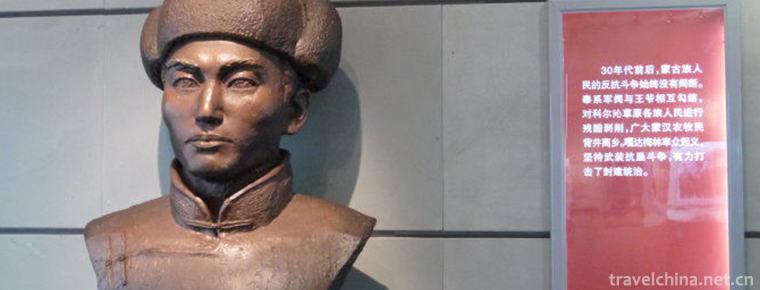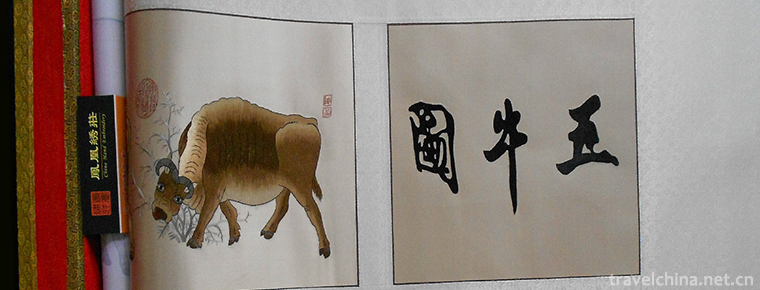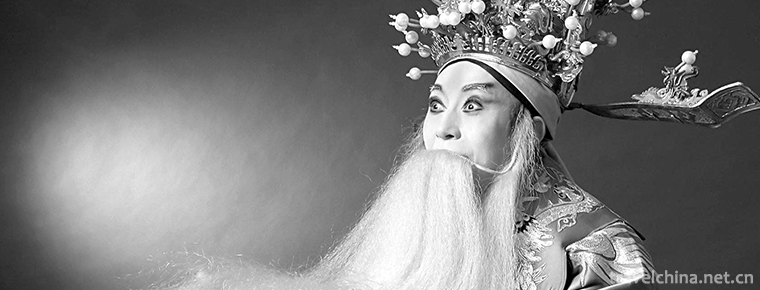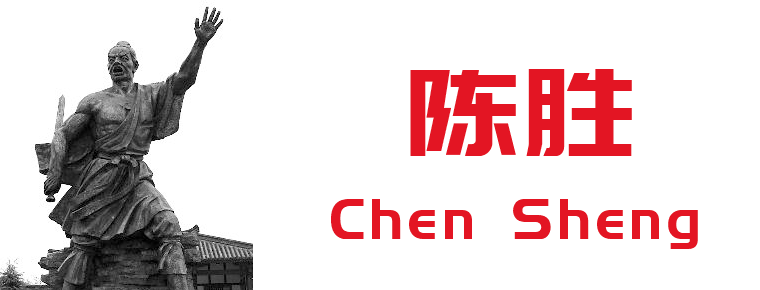Guangchang Meng Opera
Guangchang Meng Opera
Guangchang Mengxi Opera, a traditional local drama popular in Guangchang County, Jiangxi Province, is one of the national intangible cultural heritage.
Guangchang Mengxi Opera originated in the late Ming Dynasty. There are three ways in Guangchangyuan. The existing Chixi Zengjia Mengxi Opera and Liu Jiameng Opera on the back of the road have been annihilated naturally in the 1960s. Guangchang Meng Opera takes Meng Jiangnu's cry on the Great Wall as its theme. There are two folk troupes singing different scripts, different singing operas, and the plots are all the stories of Meng Jiangnu's cry on the Great Wall. The local people are commonly known as "Meng Opera". Guangchang Mencius Opera, as a kind of clan opera of rewarding gods and offering sacrifices to ancestors, has certain performing customs. Ganzhu Road Back Opera Troupe and Chixi Opera Troupe are in charge of the first morning of the first month and the first morning of the first month from December to the fifteenth day of the first month respectively.
In May 2006, Guangchang Mengxi Opera was listed in the first national intangible cultural heritage list, numbered IV-14.
historical origin
Legend
Long, long ago, the official emblem of Qin Shihuang recruited 800,000 migrant workers to build the Great Wall. The government arrests people everywhere to work as migrant workers. The captured people build the Great Wall day and night. They don't know how tired they are.
There is a scholar named Wan Xiliang in Suzhou. In order to escape the pursuit of the government, he had to hide everywhere. One day, he fled to Mengjia Garden and met Mengjiangnu unintentionally. Meng Jiangnu is a smart and beautiful girl. She hides Wan Xiliang with her parents. The two old men liked Wan Xiliang very much, so they married Meng Jiangnu to him as his wife.
Within three days of his marriage, Wan Xiliang was caught on business to repair the Great Wall. Meng Jiangnu cried like a tearful woman, waiting bitterly for her husband to return. Half a year later, Wan Xiliang had no news at all. It was late autumn, and the north wind was blowing, and the reeds were white. The weather became colder and colder day by day. Meng Jiangnu remembered that her husband was building the Great Wall in the north. It must be very cold. She sewed the cold clothes by herself and set out on her way to find Wan Xiliang on the Great Wall. Along the way, Meng Jiangnu did not know how many hardships she had experienced and how many hardships she had suffered before she came to the foot of the Great Wall. Who knows the migrant workers who built the Great Wall told her that Wan Xiliang was dead and the bones were filled in the wall. Hearing the heartbreaking news, Meng Jiangnu felt the sky was dark and fell to the ground at once. When she woke up, she cried sadly, and the sky was sad and the sun and the moon were dark. I don't know how long I cried, but suddenly I heard a tremendous noise like heaven and earth shaking. The Great Wall collapsed for tens of miles, revealing countless bones. Meng Jiangnu bit her finger and dripped blood on the bones of a body. She prayed in her heart that if it was her husband's bones, the blood would seep into the bones. If not, the blood would flow to all directions. Finally, Meng Jiangnu used this method to find Wan Xiliang's bones. She embraced the white bones and cried sadly.
Qin Shihuang saw that Meng Jiangnu was beautiful and wanted to force her to be a concubine. Meng Jiangnu promised him falsely, but asked Qin Shihuang to do three things first: ask the monk to read the 49-day Scripture to Wan Xiliang, and then bury him well; Qin Shihuang should personally lead the Minister of Wen and Wu to cry and sacrifice Wan Xiliang; after burying Wan Xiliang, Meng Jiangnu should go to visit mountains and rivers, and only after three days can she get married. Qin Shihuang had to agree to Meng Jiangnu's request. After three things were done, Meng Jiangnu scolded Qin Shihuang and jumped into the rolling sea.
Guangchang Meng Opera takes this legend as its theme.
Tracing to the source
Mencius opera has three ways in Guangchang. The existing Chixi Zengjia Mencius opera and Liu Jiameng opera on the back of the road have been annihilated naturally in the 1960s.
Chixi Zengjia Mengxi Opera is considered to be the Yuan script, which belongs to the two-night series. The whole play has 64 scenes. It takes 9 hours to finish and one one night to perform.
Liu Jiameng Opera in Dalubei is a legendary version of the Ming Dynasty. It began in the Ming Wanli Period. It is a three-night stand-alone version with 69 performances. It takes 11 hours to finish and is performed in three nights.
In 1981, the Guangchang Xuhe Theatre Troupe changed the name of "Meng Opera" on the back of the road to "The Great Wall". It sang high-pitched tunes and bullets, which made Meng Opera continue.
Representative repertoire
Guangchang Mengxi Opera originally had three ways. The existing Chixi Zengjia Mengxi Opera complete set of southern opera "Mengjiang Girl delivers cold clothes" and Liu Jiameng Opera legendary drama "The Great Wall" on the back of the road.
Inheritance and protection
Inheritance value
"Guangchang Meng Opera" has been widely recognized by the Chinese opera and music circles, and is known as "the living fossil of ancient Chinese opera vocal tune". Guangchang Meng Opera is included in the national key projects of art and scientific research, "Records of Chinese Opera" and "Music Integration of Chinese Opera".
Inheriting characters
Li Anping, male, Han nationality, born in April 1968 in Ganzhu Town, Guangchang County, Jiangxi Province. In February 2008, Li Anping was selected as the representative successor of the second batch of national intangible cultural heritage projects and declared in Guangchang County, Jiangxi Province.
Zeng Guolin, male, Han, born in 1955. In February 2008, Zeng Guolin was selected as the representative successor of the second batch of national intangible cultural heritage projects and declared in Guangchang County, Jiangxi Province.
Inheritance status
After the Cultural Revolution, the Jiangxi Provincial Culture Department and the Local Culture Bureau attached great importance to Guangchang Mengxi Opera and carried out a series of rescue and protection work. However, due to financial constraints, many planning and measures can not be implemented quickly, the opera has become increasingly old, and there are few successors. If we do not try to save it, it is likely that it will be annihilated in the long history like Shexi Mengxi opera.
protective measures
In November 1980, opera historian Liusha went to Ganzhu to make an in-depth investigation of Meng Opera. Shortly afterwards, he published his monograph "Survey of Haiyan Opera Remained in Guangchang Mengxi Opera".
In October 1981, a symposium of veteran artists was held in Guangchang County. After the meeting, veteran artist Xie Meisheng recorded three missing copies of Liu Jiameng Opera and recorded them all.
In October 1982, at the 366th anniversary of Tang Xianzu's death, held jointly by the Ministry of Culture, the Chinese Dramatists Association, the Jiangxi Provincial Cultural Bureau and the Jiangxi Branch of the Chinese Dramatists Association, the Meng Opera Folded Opera "Painting Bridge Separation", "Ginger Girls Delivery Clothes" and "Blood Dripping and Recognizing Man" organized by the Guangchang Qihe Drama Troupe made an exhibition performance, calling for another sensation in Gaoqiang. During this period, a symposium on high-pitched opera in Yuhe was held. Most of the participants were well-known domestic dramatists and opera musicians, as well as several foreign researchers.
In July 1984, the Yuhe Drama Troupe of Guangchang County rehearsed a complete set of three Liu Jiameng operas. In October, Jiangxi Opera Research Institute recorded all its videos. At the same time, the videos also include Meng Opera Folding Opera "Painting Bridge Separation", "Ginger Girl Delivering Clothes" and "Blood Dropping to Recognize a Man".
In December 1990, the recording of all the high-pitched tunes of Zeng Jiameng Opera was completed and performed by Zeng Deqi, a veteran artist of Zeng Jiameng Opera. So far, the excavation and rescue work of Guangchang Meng Opera has basically been completed.
social influence
Important performance
In July 2015, Guangchang launched a series of activities for the 2015 Folk Culture Week, in which Guangchang Meng Opera performed.
On the evening of October 20, 2016, "Four Dreams of Linchuan" was presented at Peking University, using the main voice of Meng Opera in Guangchang to perform in Xuhe Gaoqiang.
Important works
In October 1998, the Chinese Opera Chronicle Jiangxi Volume was published and published, among which the Call River Opera occupies a certain space. In December 1999, the Chinese Opera Music Collection Jiangxi Volume was published and published, among which Xuhe Opera occupied the second place. Because Guangchang Mencius Opera is a characteristic opera in Zhuohe Opera, which occupies a larger proportion. "Chinese Opera Music Integration --- Jiangxi Volume". The main part of Yuhe Opera is Yuhe Gaoqiang (Meng Opera Gaoqiang).
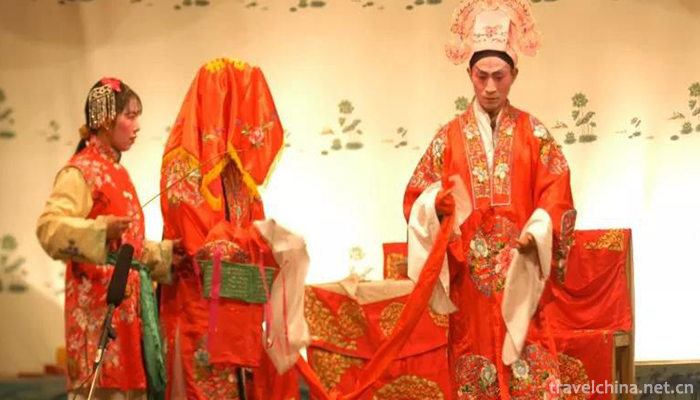
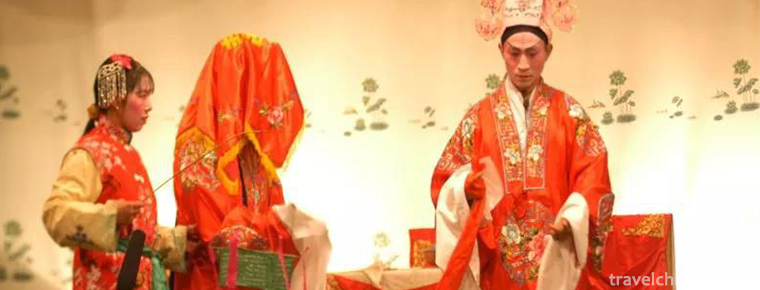
Guangchang Meng Opera
-
Daocheng County
Daocheng county is located in the southwestern edge of Sichuan Province, south of Ganzi. Located in the southeast of the Qinghai Tibet Plateau, the eastern side of Hengduan Mountains.
Views: 129 Time 2018-10-12 -
Expo Area of Acient Kiln & Folk Cultures in Jingde
Jingdezhen Ancient Kiln Folklore Expo Area, located in Fengshu Mountain and Panlonggang, Changjiang District, Jingdezhen City, Jiangxi Province
Views: 536 Time 2018-12-08 -
Hainan Tropical Wildlife Park and Botanical Garden
Hainan Tropical Wildlife and Botanical Garden is a national AAAA-level tourist attraction with the theme of popular science exposition, conservation and reproduction, sightseeing, leisure and vacation
Views: 275 Time 2019-01-13 -
Taoranting Park
Taoranting Park, located on the northwest side of Taoranqiao in the South Second Ring of Beijing, is a new modern urban garden, which integrates ancient and modern gardening arts and focuses on highli
Views: 169 Time 2019-02-13 -
Tibetan Gesar Painted Stone Carvings
Tibetan Gesar painted stone carvings belong to a relic of Chinese Tibetan Gesar culture. They are mainly distributed in Seda, Shiqu and Danba counties in Ganzi Tibetan
Views: 139 Time 2019-04-06 -
Korean Dongxiao Music
The Koguryo History Music Records records that Dongxiao belonged to the musical instruments of the Tang Dynasty in China. During the period of Shizong in the Li Dynasty
Views: 143 Time 2019-04-16 -
GA Da Meilin
Gadamelin (1892 - April 5, 1931), Mongolian, surname Molettu (translated into Chinese as Meng), Nadamud, Han name Meng Qingshan, also known as Yexi, Mongolian legendary hero. Born in Zhelimu League
Views: 99 Time 2019-04-30 -
Beijing embroidery
Beijing embroidery, also known as palace embroidery, is an ancient Chinese traditional embroidery technology, the general name of embroidery products centered on Beijing. Ming and Qing
Views: 326 Time 2019-05-07 -
Qin opera
Qin Opera, also known as Bangzi Opera, is a traditional drama in Northwest China and one of the national intangible cultural heritage.
Views: 255 Time 2019-06-10 -
Chen Sheng
Chen Sheng? In the first 208 years), Yangcheng (now Southeast of Dengfeng, Henan) To talk about southwest of Shangshui County in Henan today People. One of the leaders of the peasant uprising in the l
Views: 225 Time 2019-09-07 -
Historical evolution of Neijiang
Xia and Shang were Liangzhou, Zhou was Yongzhou, spring and autumn and Warring States were ba Jun and Shu Jun; Western Han Dynasty was Zizhou; Eastern Han Dynasty was Han'an county.
Views: 338 Time 2020-12-16 -
Safety production in Leshan
By the end of 2018, there were 81 production safety accidents in Leshan City, with 73 deaths and a direct economic loss of 19.0522 million yuan. Among them, there was one major accident and no major or above production safety accident. In 1132 traffic
Views: 196 Time 2020-12-17

